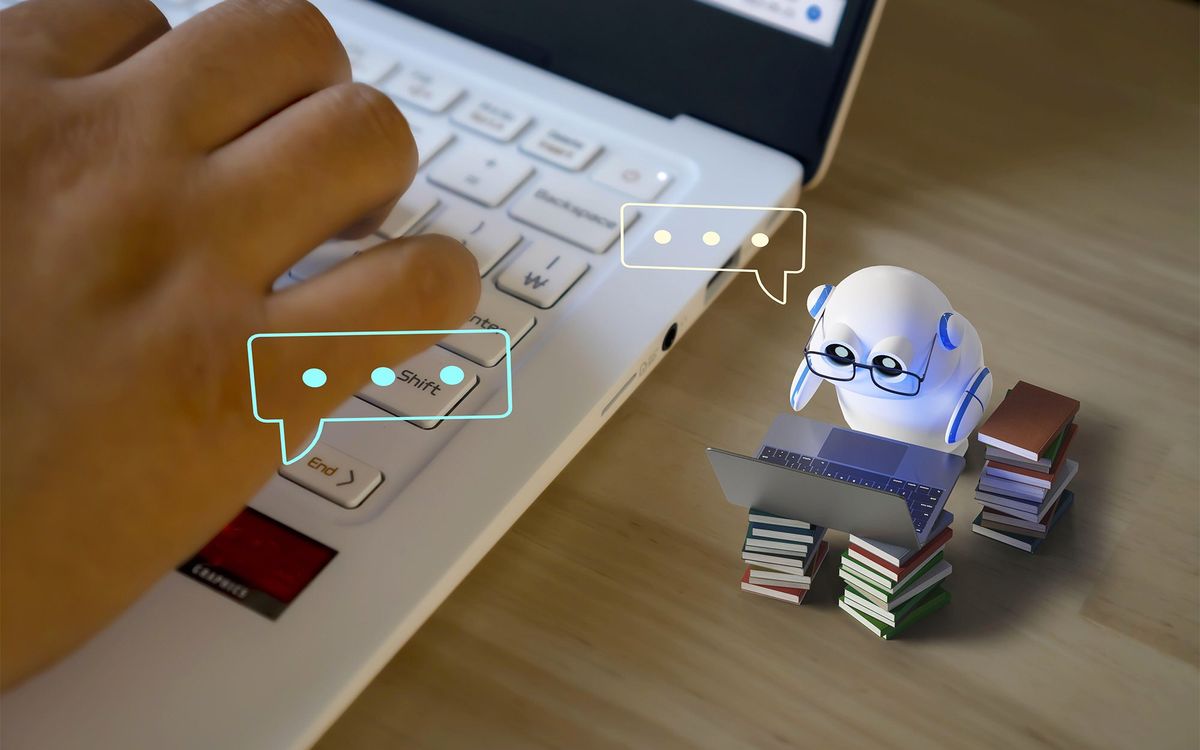The original Longitude Prize represented one of the earliest examples of using prizes to spur scientific discovery and innovation back in 1714. Three centuries later, the British government has helped establish a new Longitude Prize worth almost $17 million (£10 million) to solve the greatest scientific challenge of the 21st century.
But what is the greatest scientific challenge of this century? The Longitude Committee, a group of British science and engineering experts, narrowed down the possible challenges to six choices: antibiotics, dementia, flight, food, paralysis and water. The public will get to choose among the six challenges by voting online at the BBC Horizon TV show or by texting between May 22 and June 25.
- Antibiotics: Can we create a cheap, accurate, rapid, and easy-to-use test for bacterial infections that will allow doctors and nurses all over the world to administer the right antibiotics at the right time and stop the rise of antibiotic resistance?
- Dementia: Can we develop intelligent, yet affordable technologies based on robotics and social networks that revolutionize care for people with dementia and enable them to live truly independent lives?
- Flight: Can we design and build a zero or close-to-zero-carbon airplane that is capable of flying from London to Edinburgh, at comparable speed to today's aircraft, by 2025?
- Food: Can we invent the next big food innovation that helps ensure a future where everyone has enough nutritious, affordable, and environmentally sustainable food that people want to eat? (See the IEEE Spectrum special report: The Age of Plenty)
- Paralysis: Can we invent a solution that gives people with paralysis close to the same freedom of movement that most of us enjoy?
- Water: Can we create a cheap, environmentally sustainable desalination technology that enables low carbon, sustainable production of water for drinking or agriculture?
Such challenges seem worlds apart from the very first challenge tackled by the original Longitude Prize of 1714. The original prize of £20 000, based on the British Parliament's Longitude Act of 1714, sought a reliable solution for sailors to always find their ship's longitudinal location. Such a solution could provide a huge advantage for seafaring nations such as the UK by allowing its Royal Navy and merchant ships to more easily navigate the globe.
The man who came closest to receiving the reward money was John Harrison, a working-class joiner and clockmaker who developed a precise marine timekeeper called H4. That instrument, later known as the marine chronometer, allowed sailors to always carry a set reference time around for comparison with their local time as calculated according to the sun's position. The time difference corresponds with a certain degree of longitude either west or east of Prime Meridian located in Greenwich, England.
Such a finding helped the UK spread its maritime-based empire around the world as the strains of "Rule, Britannia!" rolled across the waves. This time around, the new Longitude Prize developed by Nesta, an innovation foundation in the UK, in partnership with the UK's Technology Strategy Board, aims to have an even bigger (if perhaps slightly more benevolent) impact on the world.
Jeremy Hsu has been working as a science and technology journalist in New York City since 2008. He has written on subjects as diverse as supercomputing and wearable electronics for IEEE Spectrum. When he’s not trying to wrap his head around the latest quantum computing news for Spectrum, he also contributes to a variety of publications such as Scientific American, Discover, Popular Science, and others. He is a graduate of New York University’s Science, Health & Environmental Reporting Program.




